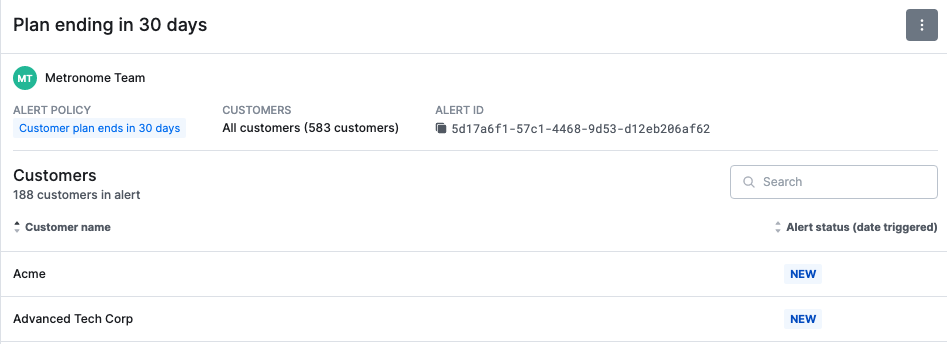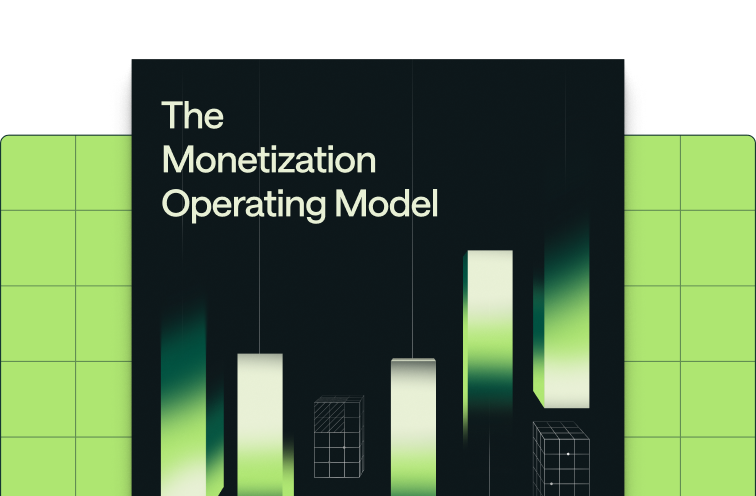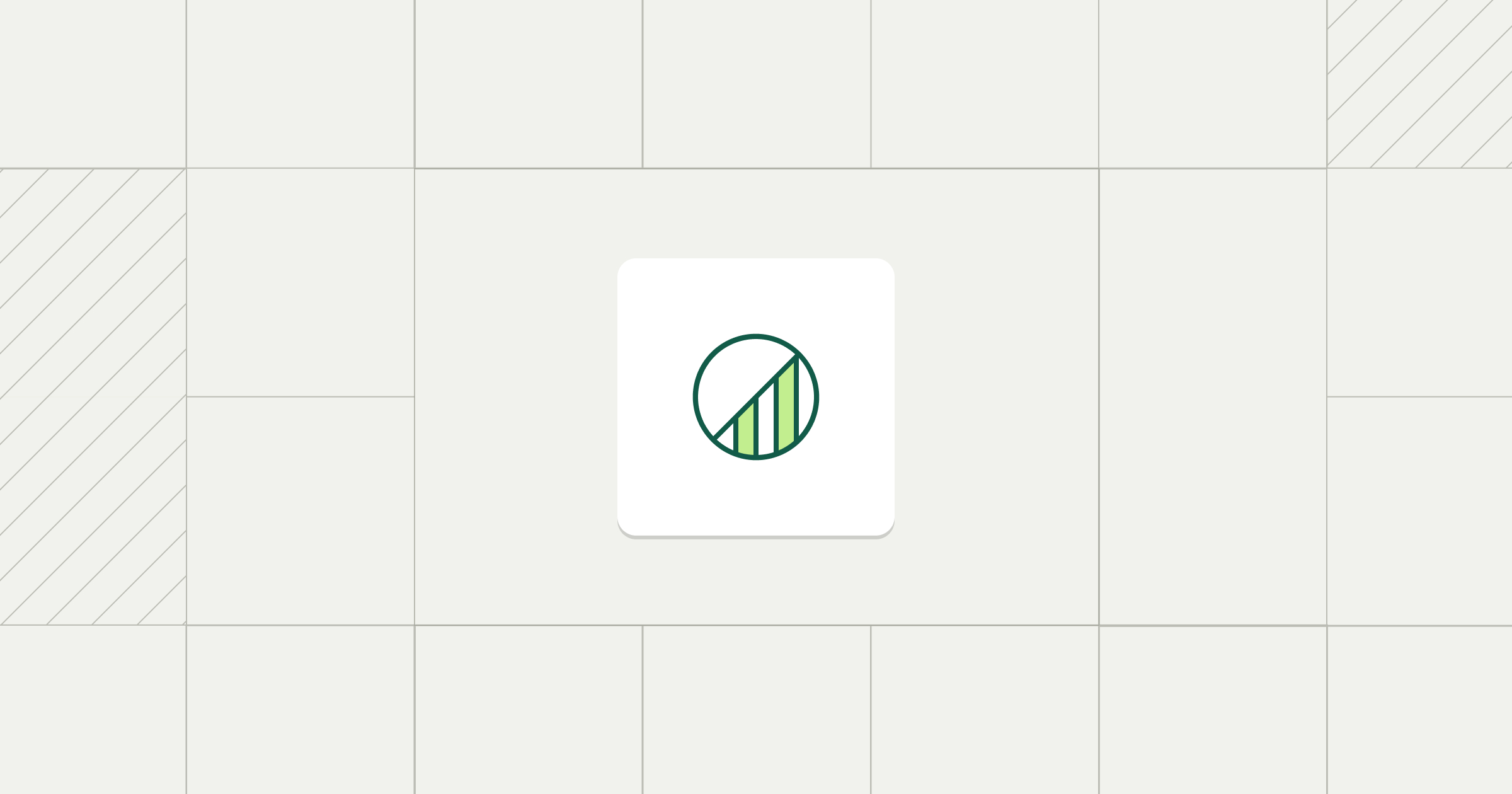Share
And just like that, fall is upon us! September was an exciting month at Metronome - we sponsored Kong Summit in San Francisco and had a great time meeting developers in person. We also built new features and functionality including embeddable dashboards, automated credit grants, and additional plan alerts.
What's new
Integrate embeddable dashboards into your customer-facing UI
Easily display invoice and usage data to your customers, so they can understand and monitor usage trends over time. Update the dashboard to your brand colors for a consistent user experience. Embeddable dashboards are available to all customers. Learn how to get started here.


Grant credits to customers automatically
Set up a recurring or one-time credit grant when creating a plan. This includes granting free trial credits or modeling a recurring, prepaid, credit-based business model. This feature is available to all customers. See the documentation here.

Get notified when a customer is reaching the end of their plan
Create alerts that are triggered when a customer has a specified number of days remaining in their plan. This enables your go-to-market teams to create automated outreach or connect with customers to get ahead of renewal conversations. See our docs here. To get started, contact us here or reach out to your Growth representative.


Fixes and improvements
Infrastructure:
- Continued investments in the scalability and reliability of our data pipelines including improvements to our deduplication process and event storage.
APIs:
- Expanded endpoint functionality for /customer-alerts/list. You can now pass in your customer_id and we'll list out all the alerts and their state for a specific customer. Documentation is available here.
- Fixed endpoint functionality for /costs. We've updated it so it will now generate costs based on the version of the plan the customer was on during the requested time period, rather than the newest version of the plan.
Business model support:
- Delete a plan associated with a customer. This will delete the plan and void all invoices associated with that plan for that customer.
Get in touch
We’d love to hear any ideas, questions, or feedback you have! If you’re interested in learning more about these features, get in touch with us here or reach out to your Growth representative.








%25202%2520(1).png)



